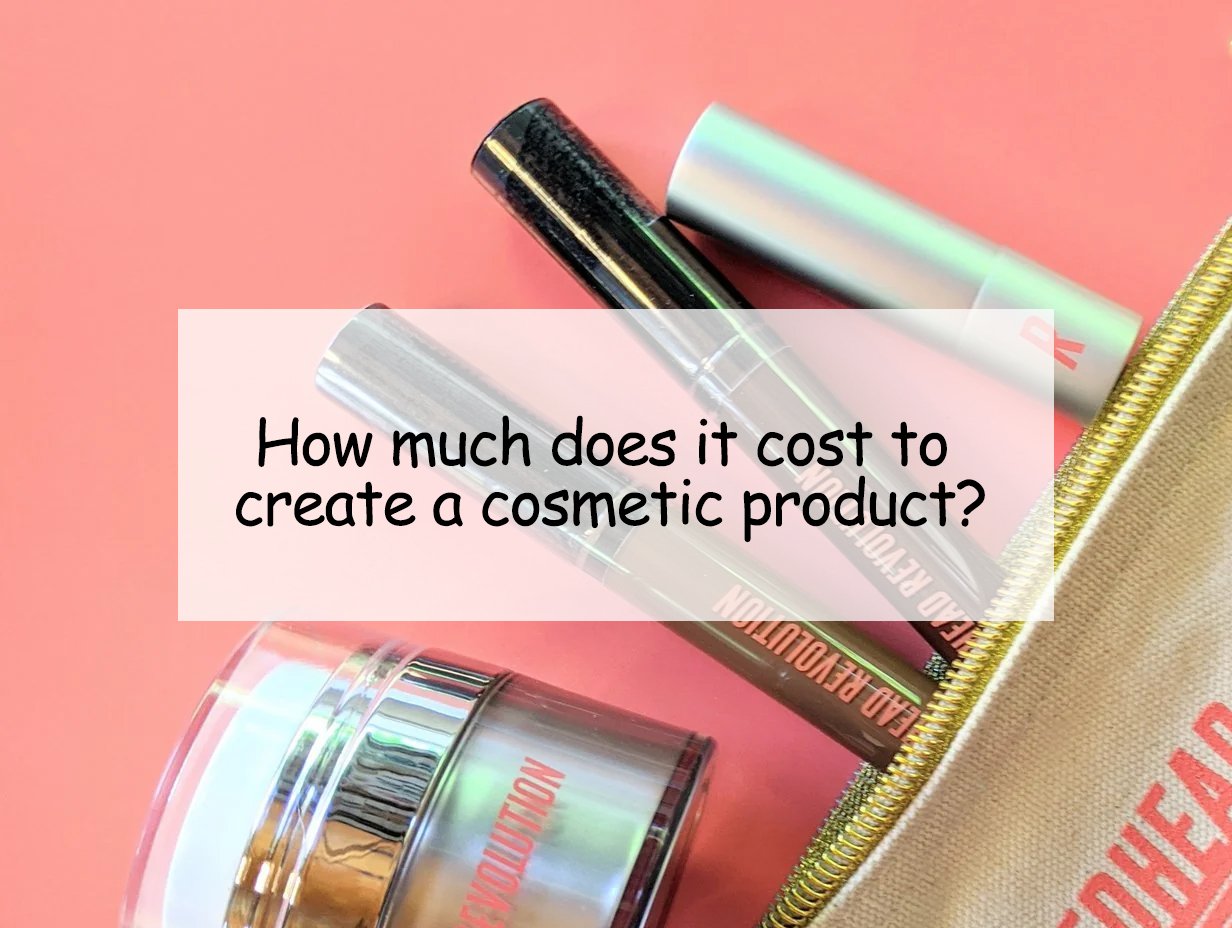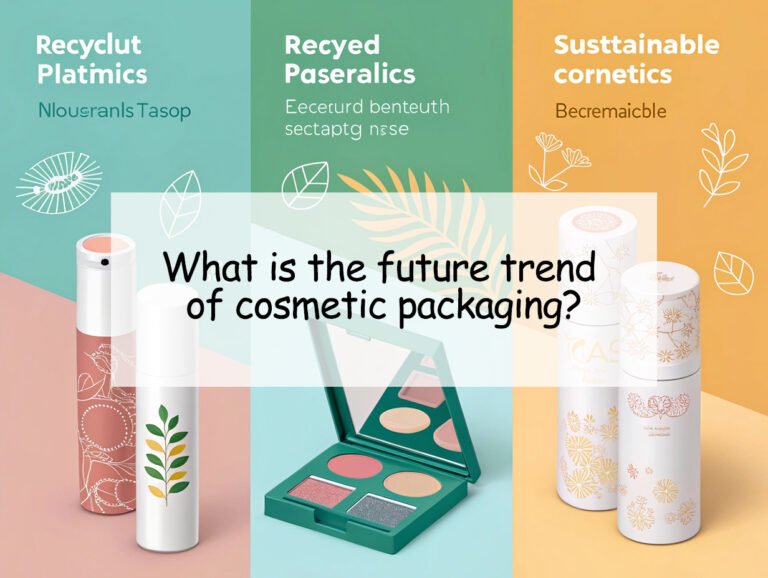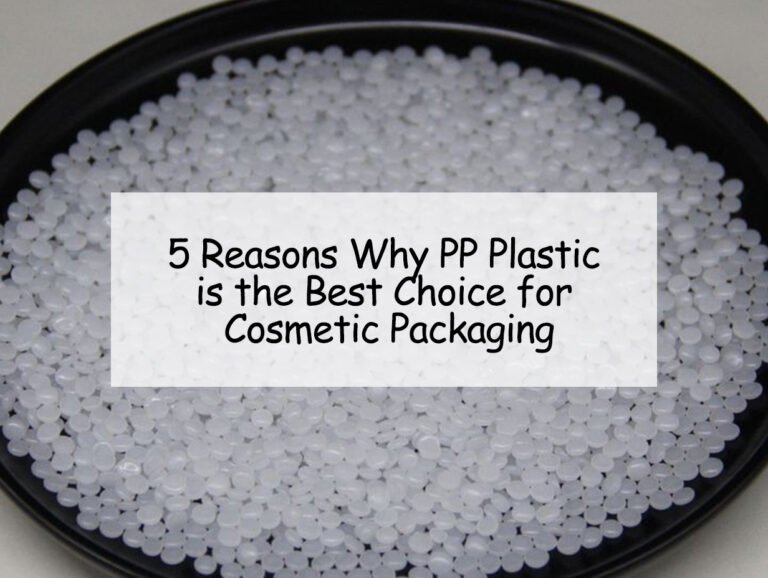Creating a cosmetic product can be overwhelming. From choosing ingredients to packaging, each decision can significantly affect your budget and success. Understanding the various costs is crucial for any business looking to enter the cosmetic industry.
There are several key factors that influence the overall cost of creating a cosmetic product, including R&D, ingredients, packaging, and order quantities. By understanding these, you can better plan your product development and avoid unexpected expenses.
If you're planning to create a cosmetic product, it's crucial to break down the different components of cost. Let's explore the main factors that influence your product's development and pricing, from R&D to packaging choices.
What are the main cost factors when creating a cosmetic product?
Struggling with unexpected expenses in cosmetic production? Hidden costs can derail budgets. Identifying key cost factors ensures precise budgeting and effective pricing for a profitable product launch.
Cosmetic product creation involves costs like formulation, packaging, compliance, and marketing. Understanding these factors allows for accurate budgeting and pricing, ensuring profitability while meeting consumer demands and regulatory standards.
](https://jinlinpackaging.com/wp-content/uploads/2024/11/What-are-the-main-cost-factors-when-creating-a-cosmetic-product.jpg)
Research and Development (R&D)
R&D is crucial in developing a high-quality cosmetic product. It includes R&D in cosmetics1 such as formulating the product, testing for safety and efficacy, and ensuring it meets regulatory standards.
| R&D Components | Estimated Cost Range |
|---|---|
| Formulation Development | $5,000 - $20,000 |
| Safety Testing | $2,000 - $10,000 |
| Regulatory Compliance | $1,000 - $5,000 |
Investing in R&D ensures your product stands out in the competitive market.
Packaging Design and Production
Packaging not only protects the product but also serves as a marketing tool. Cosmetic packaging cost factors2 can vary based on the type of packaging chosen, from standard to luxury options.
| Packaging Type | Cost per Unit |
|---|---|
| Standard Cosmetic Tubes | $0.50 - $1.50 |
| Luxury Cosmetic Packaging | $2.00 - $5.00 |
| Sustainable Packaging for Cosmetics | $1.50 - $3.00 |
Choosing between standard packaging vs. custom packaging3 can influence both cost and consumer perception.
How does packaging impact the overall cost?
Struggling to manage packaging costs? Poor choices can inflate expenses and harm brand appeal. Smart packaging decisions balance cost, aesthetics, and functionality for optimal product success.
Packaging significantly impacts cosmetic product costs and brand image. Effective packaging balances cost with functionality and aesthetics, ensuring affordability while enhancing brand appeal and delivering a positive consumer experience.
](https://jinlinpackaging.com/wp-content/uploads/2024/11/How-does-packaging-impact-the-overall-cost.jpg)
Types of Cosmetic Packaging
Different types of packaging come with varying costs and benefits. Selecting the appropriate type depends on your product and target market.
Luxury Cosmetic Packaging
Luxury packaging enhances the perceived value of the product, attracting premium customers. However, it comes at a higher cost.
| Luxury Packaging Features | Cost Implications |
|---|---|
| High-Quality Materials | Increases cost |
| Custom Designs | Requires design fees |
| Unique Structures | May require specialized manufacturing |
Investing in luxury packaging can justify higher pricing and appeal to upscale consumers.
Impact on Production Costs
The choice of packaging directly affects production costs. Bulk orders can reduce per-unit costs, while unique or sustainable options may increase them.
| Packaging Choice | Production Cost Impact |
|---|---|
| Standard Packaging | Lower costs |
| Custom Packaging | Higher costs |
| Sustainable Packaging | Moderate to higher costs |
Balancing packaging costs with product pricing is essential for profitability.
What are the R&D and testing costs?
Worried about product safety or regulatory compliance? Skipping thorough R&D can lead to costly recalls. Investing in R&D in cosmetics ensures safe, high-quality products that meet market expectations.
R&D and testing are essential for creating safe, effective cosmetics. Allocating sufficient budget ensures products meet quality standards and regulatory requirements, reducing risks of non-compliance and enhancing consumer trust in your brand.
](https://jinlinpackaging.com/wp-content/uploads/2024/11/What-are-the-RD-and-testing-costs.jpg)
R&D Process Breakdown
The R&D process includes several stages, each with associated costs.
Formulation Development
Creating the right formula is critical. It involves selecting ingredients, testing combinations, and refining the product.
| Formulation Activity | Estimated Cost |
|---|---|
| Ingredient Sourcing | $1,000 - $5,000 |
| Laboratory Testing | $2,000 - $10,000 |
| Prototype Development | $2,000 - $5,000 |
Safety and Efficacy Testing
Ensuring the product is safe and effective is mandatory. This includes dermatological testing and stability testing.
| Testing Type | Estimated Cost |
|---|---|
| Dermatological Testing | $1,000 - $3,000 |
| Stability Testing | $500 - $2,000 |
| Microbiological Testing | $500 - $1,500 |
Investing in thorough R&D minimizes the risk of product recalls and enhances consumer trust.
How does order quantity affect cost per unit?
Struggling with high production costs? Small order quantities can inflate expenses. Leveraging economies of scale4 through larger orders can reduce per-unit costs and boost profit margins.
Order quantity directly affects per-unit costs in cosmetic production. Larger orders lower costs through economies of scale, optimizing expenses and improving profit margins without compromising product quality. Strategic ordering is key to cost efficiency.
](https://jinlinpackaging.com/wp-content/uploads/2024/11/How-does-order-quantity-affect-cost-per-unit.jpg)
Economies of Scale
Producing larger quantities reduces the cost per unit, making your product more competitive in the market.
| Order Quantity Range | Cost per Unit |
|---|---|
| 500 - 1,000 units | $2.50 - $3.50 |
| 1,000 - 5,000 units | $2.00 - $3.00 |
| 5,000+ units | $1.50 - $2.50 |
Bulk Purchasing Benefits
Ordering in bulk can also lead to discounts on raw materials and packaging supplies, further reducing costs.
| Bulk Purchasing Aspect | Benefit |
|---|---|
| Ingredient Discounts | Lower material costs |
| Packaging Discounts | Reduced packaging costs |
| Reduced Shipping Costs | Economies in logistics |
Carefully planning your order quantities can lead to substantial savings and better resource management.
Are there hidden costs in cosmetic production?
Worried about budget overruns in cosmetic production? Hidden production costs5 can derail finances unexpectedly. Identifying and planning for these expenses ensures smoother operations and effective financial management.
Hidden costs in cosmetic production, such as unexpected material expenses, regulatory fees, or shipping delays, can impact your budget. Awareness of these factors aids in better financial planning and mitigates risks effectively.
](https://jinlinpackaging.com/wp-content/uploads/2024/11/Are-there-hidden-costs-in-cosmetic-production.jpg)
Regulatory Compliance
Meeting regulatory standards can incur compliance fees6 beyond initial R&D costs.
| Compliance Aspect | Potential Cost |
|---|---|
| Certification Fees | $500 - $2,000 |
| Documentation Preparation | $1,000 - $3,000 |
| Ongoing Compliance Audits | $500 - $1,500 annually |
Quality Control Issues
Maintaining high-quality standards may require extra resources, such as additional testing or quality assurance personnel.
| Quality Control Expense | Description |
|---|---|
| Additional Testing | Ensures product consistency |
| Training for Staff | Enhances quality practices |
| Equipment Maintenance | Prevents production delays |
Shipping and Logistics
Unexpected delays or increased shipping rates can affect your budget. Proper shipping and logistics7 management is crucial to avoid surcharges and lost opportunities.
| Logistics Challenge | Impact on Cost |
|---|---|
| Delayed Shipments | Missed sales opportunities |
| Increased Shipping Rates | Higher transportation costs |
| Customs and Import Fees | Additional financial burden |
Identifying and planning for these hidden costs can safeguard your business against unforeseen financial strain.
Conclusion
Understanding cost factors like R&D, packaging, and order volume ensures efficient and successful cosmetic product creation.
-
Learn about essential R&D steps—formulation, testing, compliance—and how to allocate funds effectively for safe and high-quality products. ↩
-
Discover how various packaging choices affect overall costs and ways to optimize your cosmetic packaging budget. ↩
-
Compare the pros and cons of standard and custom packaging to make informed decisions that balance brand appeal and budget constraints. ↩
-
Understanding economies of scale can help you negotiate better prices and boost profit margins through larger production runs. ↩
-
Identifying surprise fees, regulatory charges, and logistical hurdles can help you avoid budget overruns and manage resources effectively. ↩
-
Stay informed about documentation, certification, and auditing fees to ensure compliance and minimize potential fines or delays. ↩
-
Learn strategies to optimize shipping routes, negotiate better rates, and avoid unexpected fees that can erode profit margins. ↩



